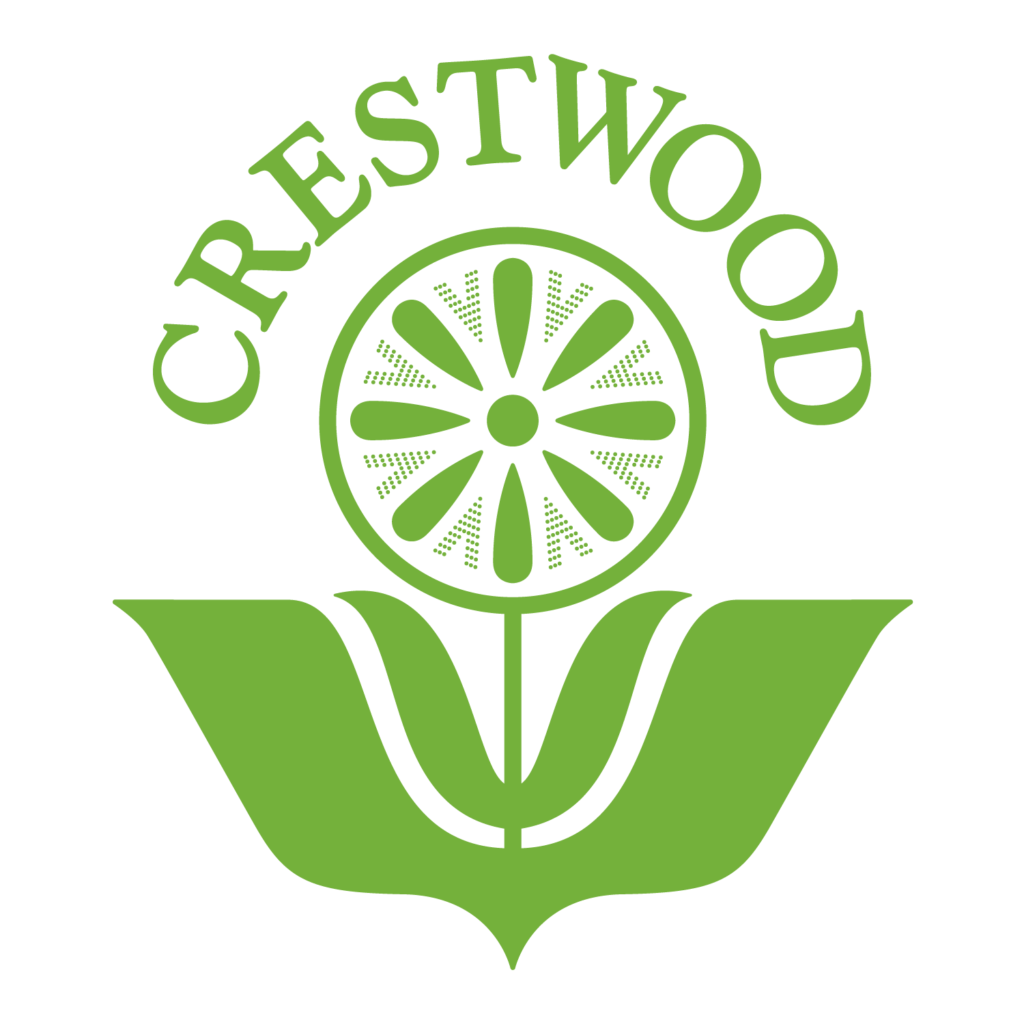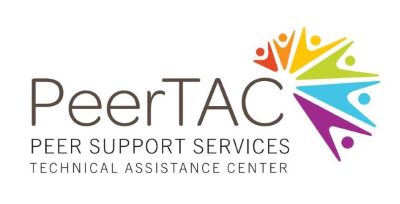What it Takes: Wisdom from Peer Specialists and Supervisors

Co-edited for N.A.P.S. by Rita Cronise, Jonathan P. Edwards, Gita Enders, and Joanne Forbes

In this episode, Lori Ashcraft interviews Rita Cronise, Dr. Jonathan Edwards, Gita Enders, and Dr. Joanne Forbes who are co-editors of the book, What it Takes: Wisdom from Peer Specialists and Supervisors, which was developed as a fundraiser for the National Association of Peer Supporters (N.A.P.S.). All proceeds from the book go to support the ongoing efforts of the association to elevate peer support as a unique profession.
Lori’s interview begins with an archived video segment of Steve Harrington, founder of N.A.P.S. describing how peer support gave him hope when he thought all hope was lost due to the treatment he was receiving for schizophrenia. His experience and the inspiration he gained from peer support laid the groundwork for him to start a national association for peer supporters. Lori discusses more of Steve’s story of how N.A.P.S. got started and evolved to offer the only National Conference devoted to peer support.
Dedicated to Steve and his pioneering efforts, the book, What it Takes: Wisdom from Peer Specialists and Supervisors, contains some of Steve’s early writing along with articles from 45 authors who gave presentations at the N.A.P.S. National Conference for Peer Specialists between 2016 and 2021.
The book is 485 pages divided into 13 chapters contained in five major parts:
- Understanding Peer Support in Behavioral Health
- Peer Support Values and Standards
- The Practice of Peer Support
- Successful Supervision
- Special Interests
Appendices provide biographies for all 45 of the contributors, a short history of N.A.P.S. and tributes to leaders and allies of the peer support movement who have passed on such as Steve Harrington, Bill Anthony, George Ebert, Ed Knight, Darby Penney, Jacki McKinney, and Sally Zinman. Although not included in the tribute section because she was still present at the time the book was being created, beloved leader Celia Brown wrote one of two forewords to the book shortly before she passed.
The book was very much a “passion project” by the co-editors, who have been meeting regularly for different projects related to peer support workforce development and supervision for several years as described in the blog, including two doctoral dissertations and a revision to the original National Practice Guidelines for Peer Supporters (NPG). The revision by members of this workgroup included adding the role of the supervisor in guiding peer support practice at a time when supervision of peer support workers did not always align with recovery principles and peer values of mutual support. When complete, the revision changed the title of the publication to the National Practice Guidelines for Peer Specialists and Supervisors (NPG-S).
This episode of Viva La Evolution relates to Peer Support Services in a MHOTRS clinic because it covers the origins of the National Association of Peer Supporters (N.A.P.S.), the importance of bringing together and elevating the profession of peer support, and the availability of a compilation of articles about innovative peer support practices that can be used to inform supervisors and organizational leaders.
© Crestwood Recovery Resilience Solutions. All rights reserved.
Viva La Evolution #019. Interview by Lori Ashcraft. Used with permission.
Summary by Rita Cronise, Co-Director, PeerTAC
More About Viva La Evolution and Crestwood.
Developed by Crestwood Behavioral Health
With Contributions by the Alliance for Rights and Recovery (formerly New York Association of Psychiatric Rehabilitation Services)
For PeerTAC





